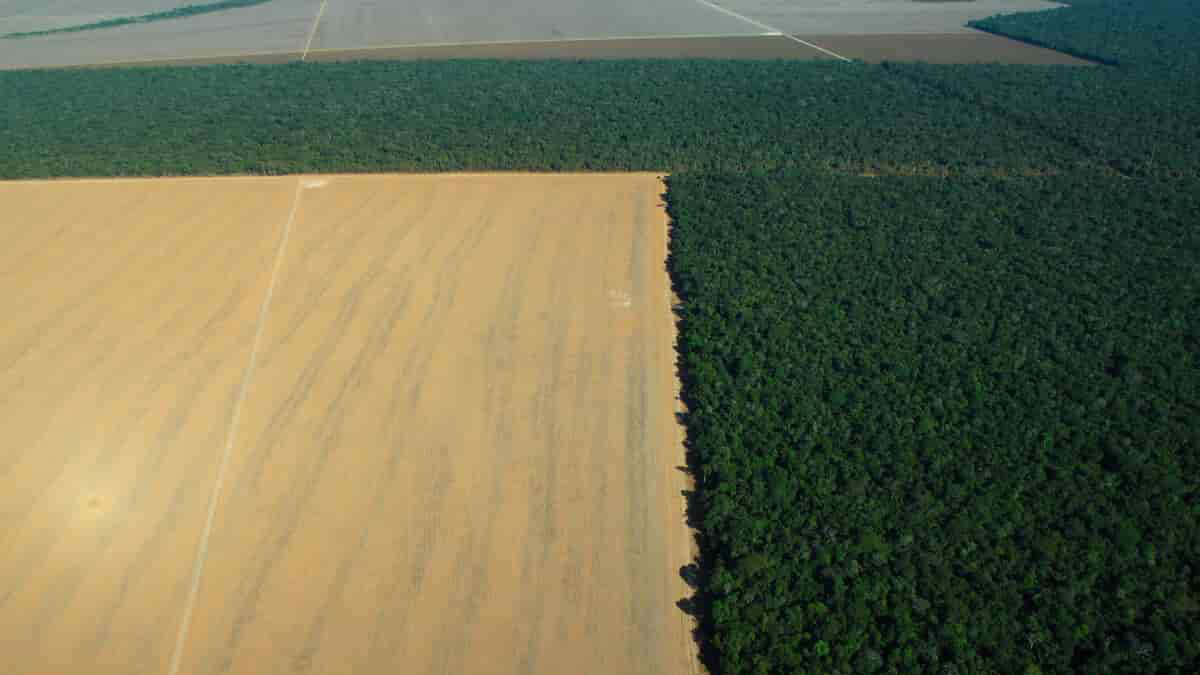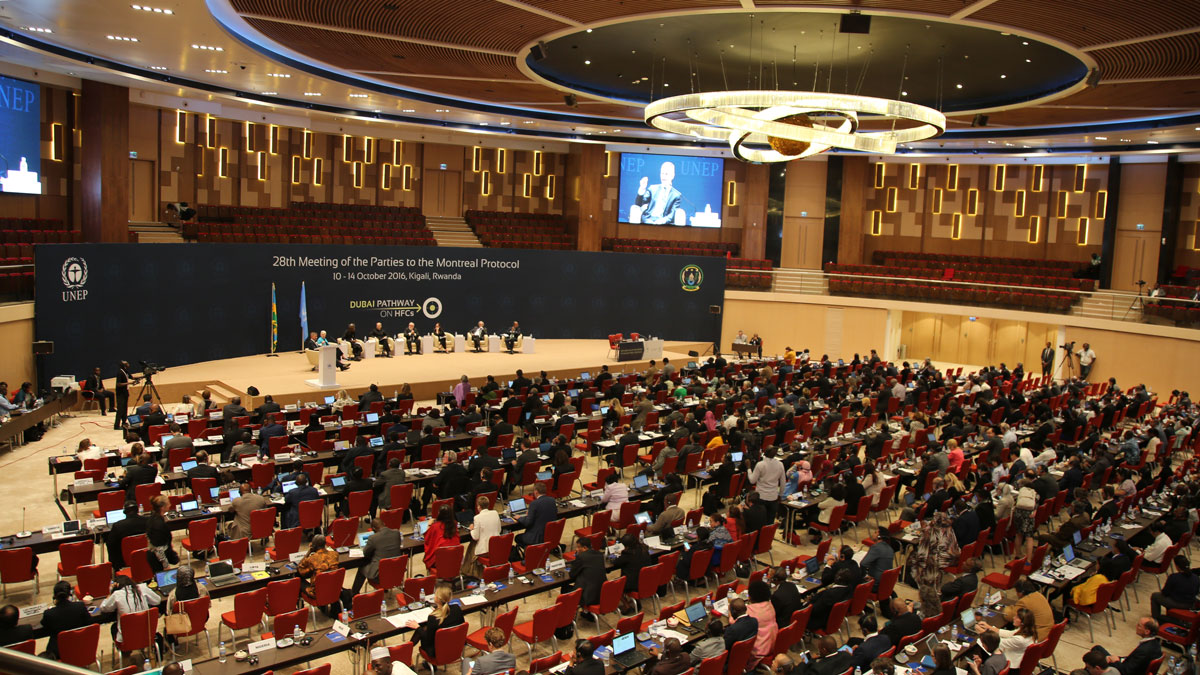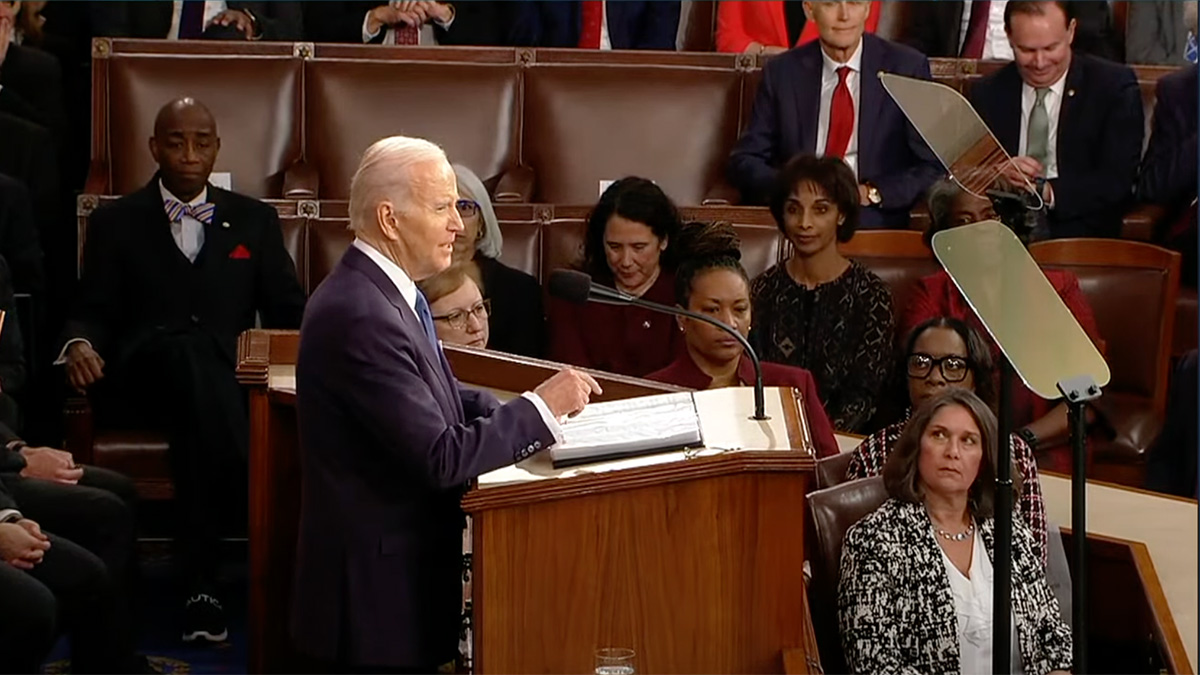A new study mapped 2 decades of deforestation in the Amazon and concluded that some types of land management are more effective than others.
legislation & regulations
Machine Learning Helps Researchers Track Illegal Fishing
Using machine learning, researchers found that nearly 20% of high seas fishing could be unauthorized.
Estableciendo el marco para la acción climática bajo el Protocolo de Montreal
Doce artículos fueron la base científica para la rápida acción que reforzó el tratado, el cual ya estaba salvaguardando el ozono estratosférico, para que también protegiera el clima al reducir los super contaminantes.
Biden Calls Climate Change “Existential Threat”
Wildfires, flooding, and green energy also appeared—briefly—in the president’s second State of the Union address.
How Can We Sample More Ethically?
Ryan-Davis and Scalice describe a path towards sampling more ethically, going beyond legal permitting requirements to engagement of Indigenous expertise and respect of peoples’ relationship to place.
The “Black Gold” Flowing Under Los Angeles
Functioning oil fields, some with cleverly camouflaged infrastructure, are tucked into the urban sprawl of the Los Angeles basin. But recent legislation could change that.
Indian Cities Invest in Low-Cost Air Quality Sensors
The sensors help bridge gaps in air quality data due to critical shortages of government monitoring stations.
Setting the Stage for Climate Action Under the Montreal Protocol
Twelve papers formed the scientific basis for fast action to strengthen the treaty, which was already safeguarding stratospheric ozone, so it also protects the climate by reducing super pollutants.
Tracking Climate Through Ship Exhaust
International regulations have reduced aerosol pollutants released from ships. Now, researchers want to use ship tracks to better understand the ambiguous effects that cleaner air has on climate.
Wetlands on the Farm: Potent, Nutrient-Capturing Tools in (Relatively) Small Packages
Constructed wetlands can significantly reduce water pollution from tile-drained farms.










